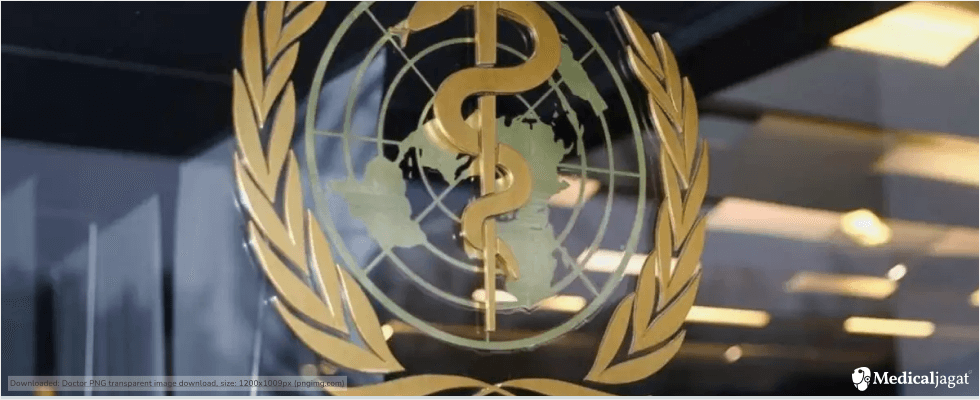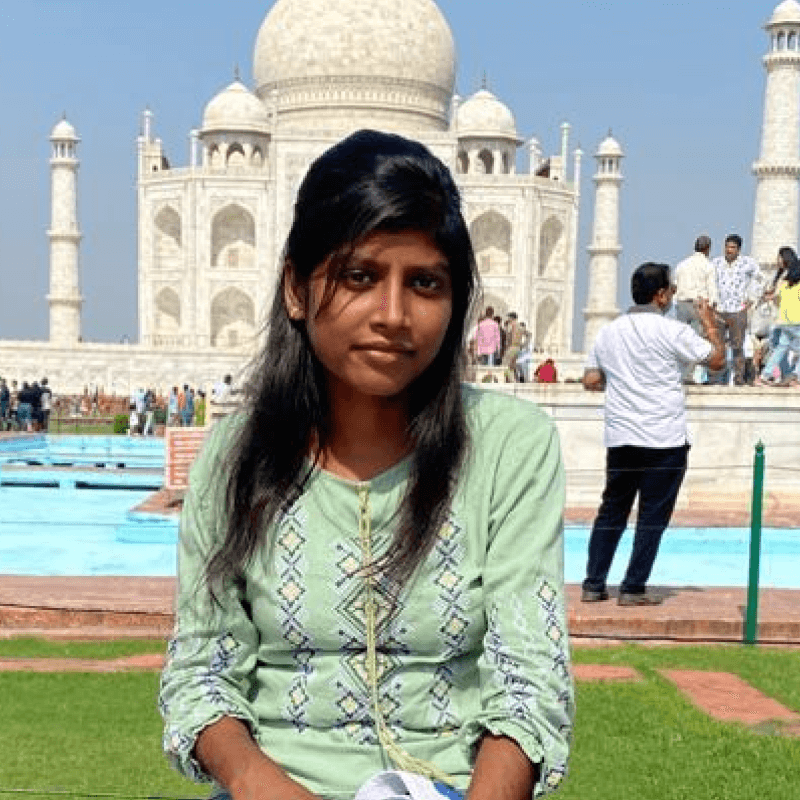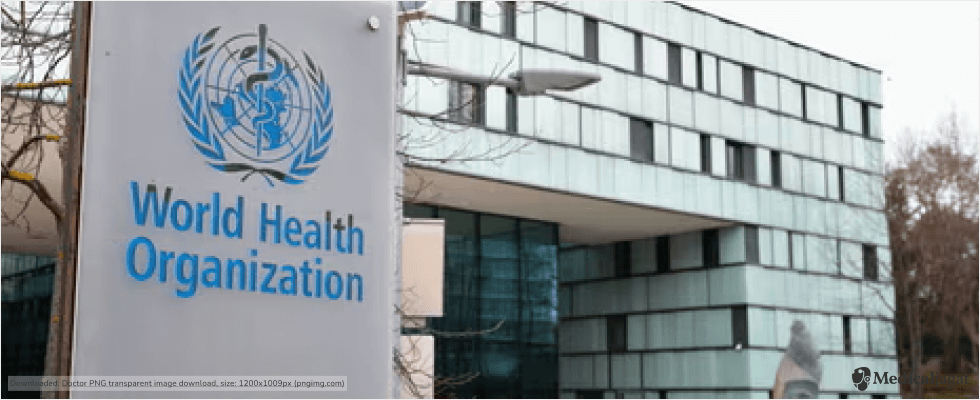
Over 1.3 billion people worldwide live with disabilities, with 16% of the South-East Asia Region’s population significantly affected. Saima Wazed, WHO South-East Asia Regional Director, stressed integrating disability perspectives across all aspects of healthcare, including planning and implementation. She emphasized the importance of policies promoting equity and inclusion for persons with disabilities in healthcare settings.
New Delhi: On the International Day of Persons with Disabilities, Saima Wazed highlighted the urgent need for disability inclusion in healthcare. She pointed out that individuals with disabilities face systemic barriers, such as being three times more likely to be denied healthcare and experiencing greater financial strain due to medical expenses.
Wazed urged the healthcare sector to actively involve persons with disabilities in planning and decision-making. She advocated for integrating disability perspectives into technical guidance, program development, research, and communication strategies. She referenced the UN Disability Inclusion Strategy and WHO’s reasonable accommodation policy, both of which provide frameworks for engaging persons with disabilities in broader healthcare discussions.
The WHO South-East Asia Region has launched initiatives like SEARO CARE, which focuses on wellness for staff and families with disabilities, and the Regional ROADMAP, which prioritizes equity and inclusion. Wazed also stressed the need for mental health and psychosocial support, especially during emergencies, for individuals with disabilities.
She encouraged nations to adopt these frameworks to reduce health inequities, citing Nepal’s efforts as a successful example. The three core principles of the Global Report on Health Equity for Persons with Disabilities—health equity as a foundation, meaningful participation, and tracking outcomes—were highlighted as crucial for advancing this agenda.















